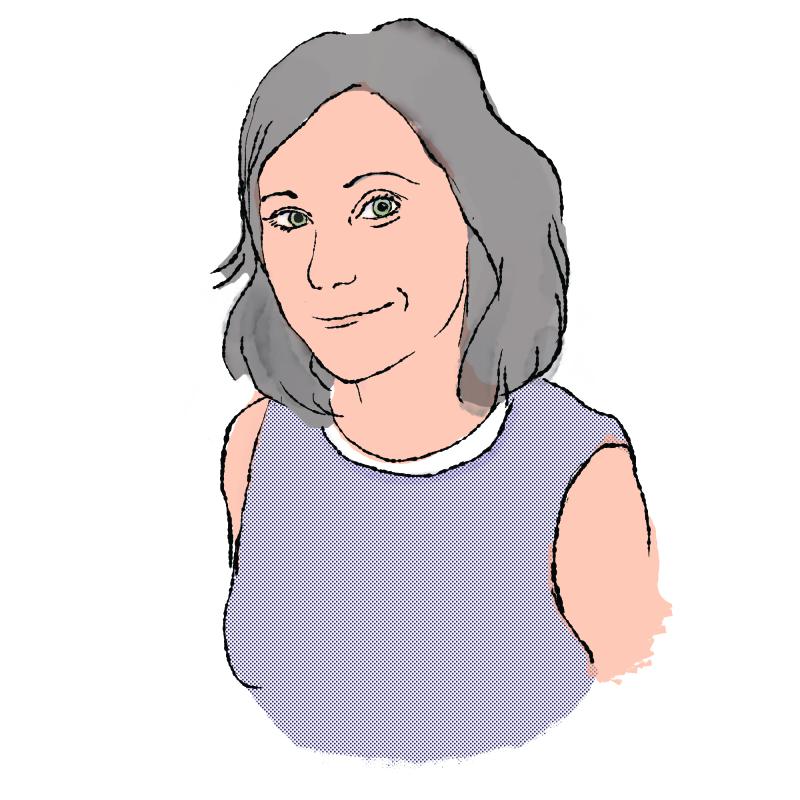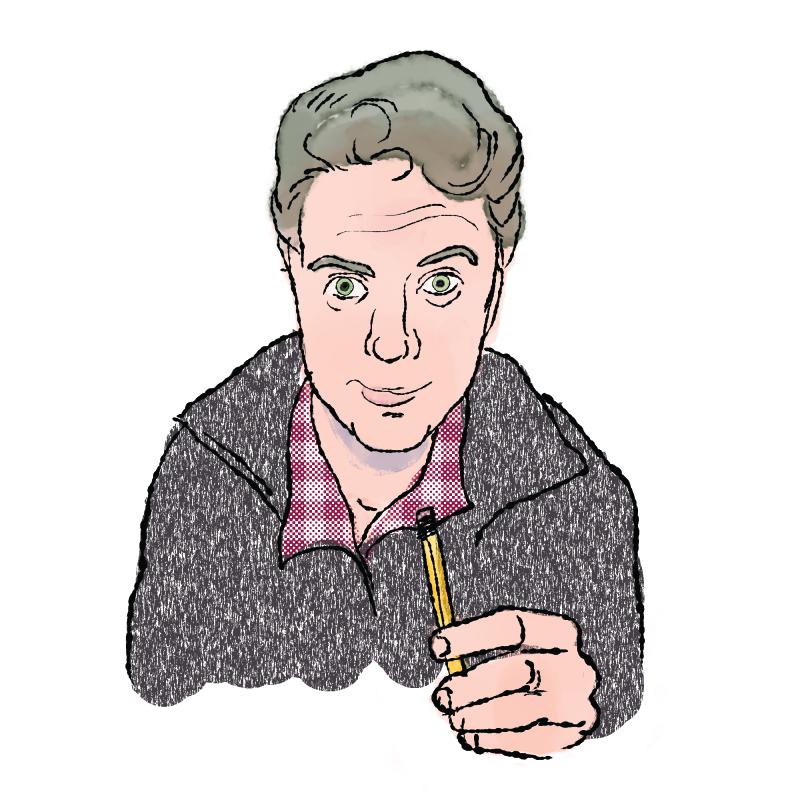In the grip of a national opiate-addiction epidemic, Behavioral Health Network of Springfield is poised to renovate an old manufacturing site in Greenfield turning it into a 24-hour, 64-bed detox and rehab center offering both in- and out-patient programs.
Franklin County has not had detox or short-term rehab services for several years. Franklin Medical Center closed its 24-bed Beacon Recovery Center detox facility due to cuts in Medicaid reimbursement. Now the closest options for treatment clinics in-state include Holyoke, Springfield, Pittsfield, and Worcester.
Not everyone is happy about the new rehab center, though at the the former Lunt Silversmiths factory on Federal Street — mostly people who live near the site and those who use the adjacent baseball fields.
At a recent public hearing before the city’s planning board, some residents voiced their reservations about the project: primarily, they were concerned about the kind of people that would be drawn to the neighborhood. They said they don’t want children exposed to addicts and people in the midst of recovery.
The thing is, they’re already exposed to addicts and people in recovery every day. We all are.
In the U.S. there are 23 million people age 12 and older who are addicted to illegal drugs and/or alcohol, according to the annual National Survey on Drug Use and Health. That’s more than three times the population of Massachusetts.
The anti-drug propaganda that has been the thrust of the nation’s drug addiction prevention strategy has long painted addicts as scraggly, dangerous, lazy, morally loose people lurking in dark corners. There are drug addicts who fit this description, but they are far from the majority.
Here are some things you may not know about people addicted to drugs and/or alcohol:
They work: 70 percent of drug addicts are employed, according to the National Council on Alcoholism and Drug Dependence.
They have families: 7 million children in America have at least one parent who is abusing substances (NCADD).
They’re not who you think: The average heroin user is a white middle-age man living a middle-class lifestyle in the suburbs. He was introduced to opiates through a legal prescription to treat pain, according to a recent Washington University study.
Alcohol is the biggest problem …: In a review of admissions to publicly funded substance abuse programs in 2013, the U.S. Substance Abuse and Mental Health Services Administration found that the highest percentage of patients — 23 percent of patients — sought treatment for alcohol. The next most popular reason to seek help was for alcohol and addiction to another drug for 18 percent of clients.
… Followed by marijuana: The same study found that the third most popular drug to seek treatment for was marijuana, with 17 percent of patients wanting to break their weed habits. The rest of patients sought treatment for: heroin, 14 percent; crack, 8 percent; stimulants, 7 percent; opiates, 6 percent; and cocaine, 3 percent.
They’re terrified of seeking help: Only 11 percent of addicts seek treatment, according to DrugFree.org.
Addiction doesn’t care about income, race, religion, or education. Why? Because it’s a disease — one that has been recognized as such by the American Medical Association for more than 25 years. Addicts are friends, family, and loved ones; co-workers, mentors, and leaders. And they need help. Treatment is a medical necessity. We wouldn’t turn our backs on a cancer clinic coming to town, and Greenfield residents shouldn’t do that to a rehab and detox clinic either.
I understand the fear, but it’s that fear that keeps the drug epidemic in the United States rolling along.
I encourage the city’s leaders to follow Mayor William Martin’s example and welcome the project. As he noted at a recent hearing, Greenfield is the hub of Franklin County, and it has the area’s courthouse, jail, and hospital. It’s a beacon for the rural area. A detox center is fitting for the city. And with more than 1,000 opioid-related deaths in the state last year, the addicts in all our lives desperately need that welcome light to shine.•
Kristin Palpini can be contacted at editor@valleyadvocate.com.




